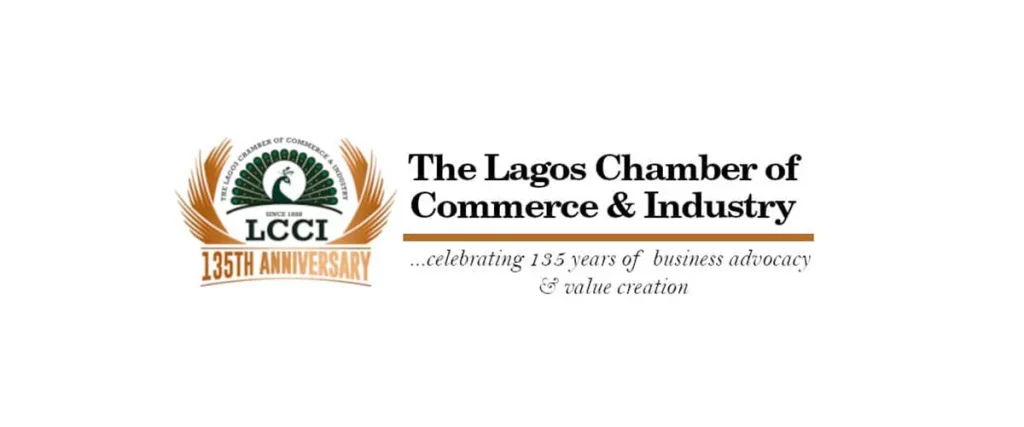President Bola Tinubu of Nigeria has delivered his first New Year speech to the citizens with a promise to enhance agricultural production, improve national security, activate the country’s economy, and promote workers’ welfare. He further assured that his administration would fight every obstacle that impedes business competitiveness in the country.
Tinubu affirmed that Nigerians had entrusted their faith in him with a clear mandate to make our country better through an irreversible path towards national greatness. The noted that there is rising cost of living and high inflation, which is now above 28% in addition to the unacceptable high under-employment rate, but that “having laid the groundwork of our economic recovery plans within the last seven months of 2023, we are now poised to accelerate the pace of our service delivery across sectors”. To ensure constant food supply, security and affordability, the President said “We will step up our plan to cultivate 500,000 hectares of farmlands across the country to grow maize, rice, wheat, millet and other staple crops. We launched dry season farming with 120,000 hectares of land in Jigawa State last November under our National Wheat Development Programme”.
He added that in this new year, we will race against time to ensure all the fiscal and tax policy reforms that we need to put in place are codified and simplified, to ensure the business environment does not destroy value, saying that on every foreign trip that he had embarked on, his message to investors and other business people had been the same – Nigeria is ready and open for business – every obstacle that impedes business competitiveness in Nigeria would be removed by making the nation a destination of choice for local and foreign investments, among other promises. Meanwhile, following the nationwide broadcast of the President, FarmingFarmersFarms examined the reactions of some individuals and corporate bodies to the address. Some farmers and residents of Ibadan in Oyo State described the presidential address as a great relief that is capable of dousing the tension being experienced by the citizens.
The respondents appealed that promises made to the agriculture sector should be fulfilled while a former Nigerian Ambassador to Burundi, Elijah Onyeagba, applauded Tinubu for being proactive in economic management. For the Lagos Chamber of Commerce and Industry (LCCI), it said that it had carefully reviewed the President’s speech, highlighted vital aspects of his administration’s achievements and challenges faced as well as plans put in place to address these critical concerns, as the chamber has identified positive and concerning elements from the address to foster constructive dialogue and provide a comprehensive analysis.

The Director-General of LCCI, Dr. Chinyere Almona stated that “The focus on cultivating farmlands to grow staple crops and boost food security aligns with the need to ensure constant food supply, security, and affordability for citizens. However, LCCI cautions that the productivity of the farmlands and the effectiveness of investments in food production are subject to adequate security measures. Investment in agriculture has a limited chance of success as long as the government fails to deal with the security issues. LCCI recommends that the government consider fast-tracking the movement of the Police from the Exclusive list to the Concurrent list to be legislated upon by the federal and state governments. This will guarantee effective policing of the nooks and crannies of the society, particularly the farmlands”, the group added.
The LCCI stated further that the announcement of a new national living wage is a positive step towards ensuring the well-being of workers and promoting inclusive economic growth, and that the dedication to creating a conducive business environment is commendable. The assurance to simplify fiscal and tax policies, the commitment to removing obstacles hindering business competitiveness, and the call for collaboration with the private sector resonated well with the chamber’s vision for a thriving business environment. Dr. Almona said that the chamber believes that while removal of the fuel subsidy was necessary, its impact on individuals, families, and businesses must be closely monitored with high inflation (of above 28%). However, “specific strategies to address these issues were not mentioned, leaving room for concerns about the impact on citizens”, the Director-General cautioned.

